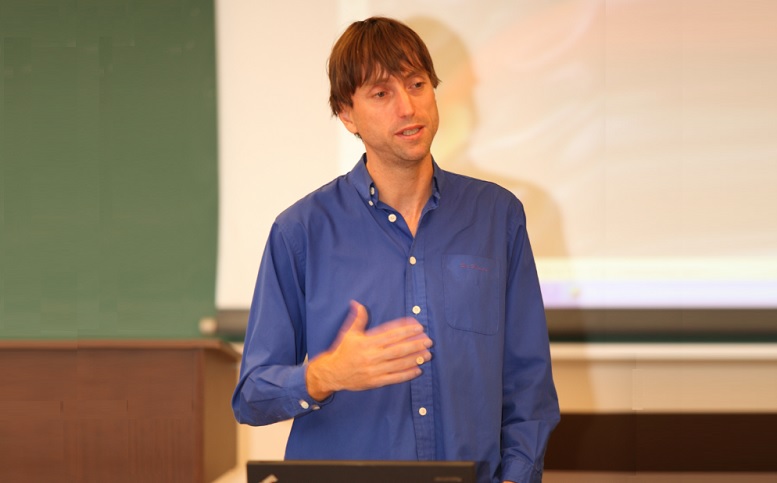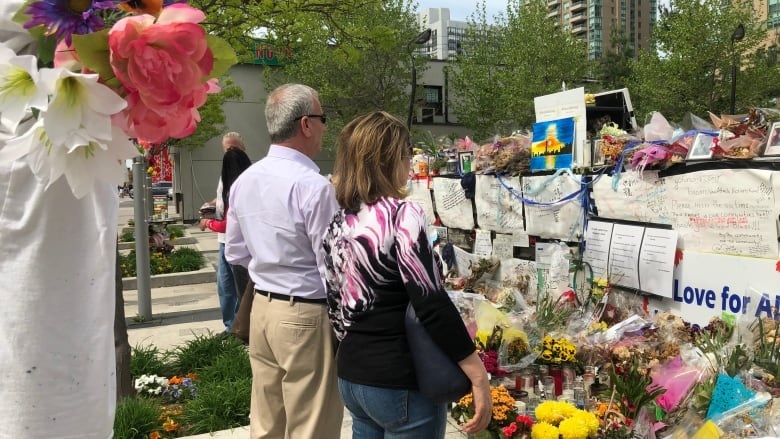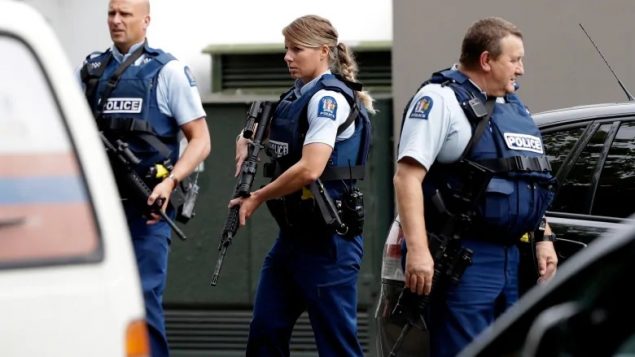Whenever a tragedy of such horrific proportions occurs as the recent New Zealand killings, the media flock to the site and begin massive coverage.
The New Zealand murders is no exception except the Prime Minister, Jacinda Ardern, says she won’t speak the killer’s name and thereby deny him the notoriety and “fame” he sought.
Robert Whitley (PhD) is a professor of psychiatry at McGill University and research scientist at the Douglas Hospital mental health Research Centre both in Montreal.
ListenAfter each such event for days on end, and hours each day, every angle is explored and broadcast; who was the killer, what about their past, did they leave notes and police reaction and government reaction and comments from citizens, the havoc they cause, the sadness of relatives public reaction and all of it building the long-lasting notoriety and the idea “people will notice me” or “now I’ll be remembered”.

Robert Whitney (PhD) McGill University and Douglas Hospital Research Institute (supplied)
New Zealand’s Prime Minister seem to feel that such mass killers seek the notoriety that mass media coverage, and now social media, provides them.
It should be noted that the shooters of U.S President Reagan, and of John Lennon, both indicated this. This need for “recognition” and to be remembered even “badly” after death, is something that has been often commented on.
It has also been suggested that the Texas Tower shooter-the first such case- had failed in most aspects of his life and sought to go out in a blaze of infamy for the one thing he was good at, sharpshooting.
It has also been suggested that the Las Vegas murderer had been inspired by the Texas incident of decades earlier.

May 2018. A month after the deadly attack in Toronto by a van driver that killed ten and injured that many more, the media still covered the tragedy, here the ad hoc memorial in downtown Toronto ( Makda Ghebreslassie-CBC News)
In this latest case in New Zealand, the murderer had included the name of a Canadian man who had killed six in a similar attack which had, like all the others, received worldwide and extensive media coverage.
Whitley has suggested that excessive coverage can inspire copycats, something other analysts and psychologists have said before. He notes that media and others tend to greatly limit or simply not report on suicides specifically in order not to inspire others.
He says however that the media needs to garner an audience and advertisers and so may be excessive and sensationalist in coverage in a race for profits.
He suggests it is time for journalism schools and media outlets “minimize the oxygen of publicity” that excess coverage gives to these people and so take a hard look at how they cover such events, however not only journalists but individuals too who repost stories and images etc all of which contribute to the infamy
Additional information
- Charlie Brooker Newswipe: How not to cover a mass murder
- Psychology Today: W Patrick: Mar 12/18: Shooters: Deviant desire for publicity
- Vox: J Schildkraut: Mar 31/18: Media should stop making shooters famous
- Los Angeles Times:M Healy: Oct 25/15: for mass killers achieving fame/infamy is a frequent driver
- Washington Post: M Rosenwald: Oct 4/17: Vegas shooter inspired by Texas shooter?
- The Know: J Meyer: Aug 29/12: Lennon killer did it for the attention







For reasons beyond our control, and for an undetermined period of time, our comment section is now closed. However, our social networks remain open to your contributions.